Nashville, Tennessee, United States
Hustle Recovery
Claimed
Claimed
Recovery.com has connected directly with this treatment provider to validate the information in their profile.
About Hustle Recovery
Hustle Recovery, located in the peaceful hills of Cheatham County, Tennessee, offers a supportive space for people ready to break free from substance use. The setting is designed to support healing, combining professional care with a peaceful, natural environment. The programs aim to help individuals work toward recovery by addressing mental, physical, and emotional well-being, while encouraging progress toward a more stable and meaningful life.
Healing Outdoor Therapies
The Partial Hospitalization Program (PHP) includes daily therapy sessions and holistic activities like gardening, fishing, kayaking, and hiking paired with comfortable housing. Clients get structure, care, and time to connect with others in recovery. In the evenings, they can relax around a campfire and reflect on their progress.
Flexible Treatment Options
For those who need a more flexible option, Hustle’s Intensive Outpatient Program (IOP) offers therapy that fits into busy lives. People can continue working, going to school, or taking care of family while still getting the tools and support they need to stay sober and reach their goals.
For Those Needing Immediate Help
To support those seeking immediate help, Hustle offers Respite Housing, low-barrier shelter available within hours for individuals who cannot access same-day treatment. This quick response helps reduce the risk of overdose and provides critical support during that first step toward recovery.
Offering Gender-Specific Sober Living
Hustle also offers sober living through gender-specific recovery homes like “The Castle” in Ashland City and “Moe’s Place” in Antioch. These safe, structured environments support the transition from treatment to independent living. Additionally, Hustle partners with over 100 sober living programs across Tennessee to match clients with housing that fits their needs.
Read More


Center Overview
Men and Women
Men and women attend treatment for addiction in a co-ed setting, going to therapy groups together to share experiences, struggles, and successes.
Treatment Focus
This center primarily treats substance use disorders, helping you stabilize, create relapse-prevention plans, and connect to compassionate support.

Care Options







Treatment
Specializations
Alcohol
Using alcohol as a coping mechanism, or drinking excessively throughout the week, signals an alcohol use disorder.
Drug Addiction
Drug addiction is the excessive and repetitive use of substances, despite harmful consequences to a person's life, health, and relationships.
Approaches
Holistic
A non-medicinal, wellness-focused approach that aims to align the mind, body, and spirit for deep and lasting healing.
Individual Treatment
Individual care meets the needs of each patient, using personalized treatment to provide them the most relevant care and greatest chance of success.
Twelve Step
Incorporating spirituality, community, and responsibility, 12-Step philosophies prioritize the guidance of a Higher Power and a continuation of 12-Step practices.
Therapies
1-on-1 Counseling
Patient and therapist meet 1-on-1 to work through difficult emotions and behavioral challenges in a personal, private setting.
Equine Therapy
Guided interactions with trained horses, their handler, and a therapist can help patients improve their self-esteem, trust, empathy, and social skills.
Experiential Therapy
With this approach, patients heal by doing. Therapists help patients process difficult emotions to speak, using guided activities like art or dance.
Life Skills
Teaching life skills like cooking, cleaning, clear communication, and even basic math provides a strong foundation for continued recovery.
Recreation Therapy
In recreation therapy, recovery can be joyful. Patients practice social skills and work through emotional triggers by engaging in fun activities.
Twelve Step Facilitation
12-Step groups offer a framework for addiction recovery. Members commit to a higher power, recognize their issues, and support each other in the healing process.
Substances We Treat
Alcohol
Using alcohol as a coping mechanism, or drinking excessively throughout the week, signals an alcohol use disorder.
Drug Addiction
Drug addiction is the excessive and repetitive use of substances, despite harmful consequences to a person's life, health, and relationships.
Heroin
Heroin is a highly addictive and illegal opioid. It can cause insomnia, collapsed veins, heart issues, and additional mental health issues.
Opioids
Opioids produce pain-relief and euphoria, which can lead to addiction. This class of drugs includes prescribed medication and the illegal drug heroin.
Prescription Drugs
It's possible to abuse any drug, even prescribed ones. If you crave a medication, or regularly take it more than directed, you may have an addiction.
Experience
Personal Amenities
Amenities
Activities
We love hearing about your treatment experience
Help individuals and families seeking treatment by sharing your first-hand experience with this treatment provider. Review Guidelines.













